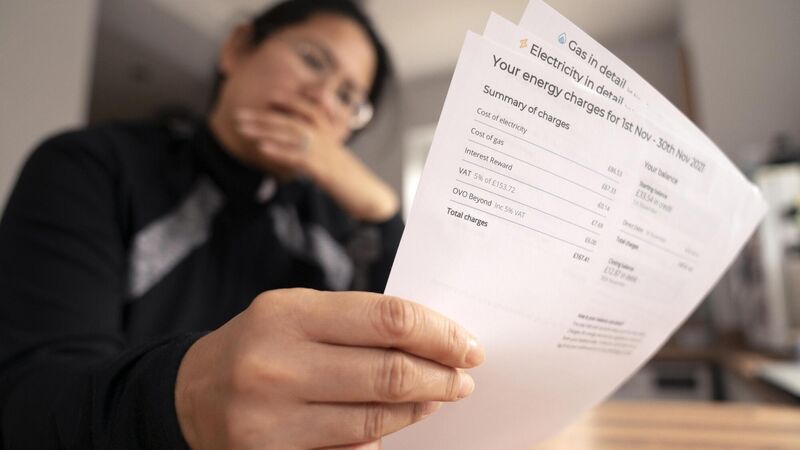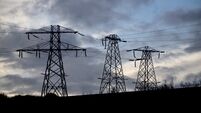Households could face €70 per week rise in energy bills

Some 29% of housholds are paying more than a 10th of their net income on energy (excluding motor fuel), according to the ESRI. File Picture.
Hard-pressed householders could see their energy bills rise by as much as €70 per week if prices continue to surge on their current trajectory.
The worrying forecast today from the Economic and Social Research Institute (ESRI) comes as it also says more than one in four households (29%) are already in "energy poverty".













